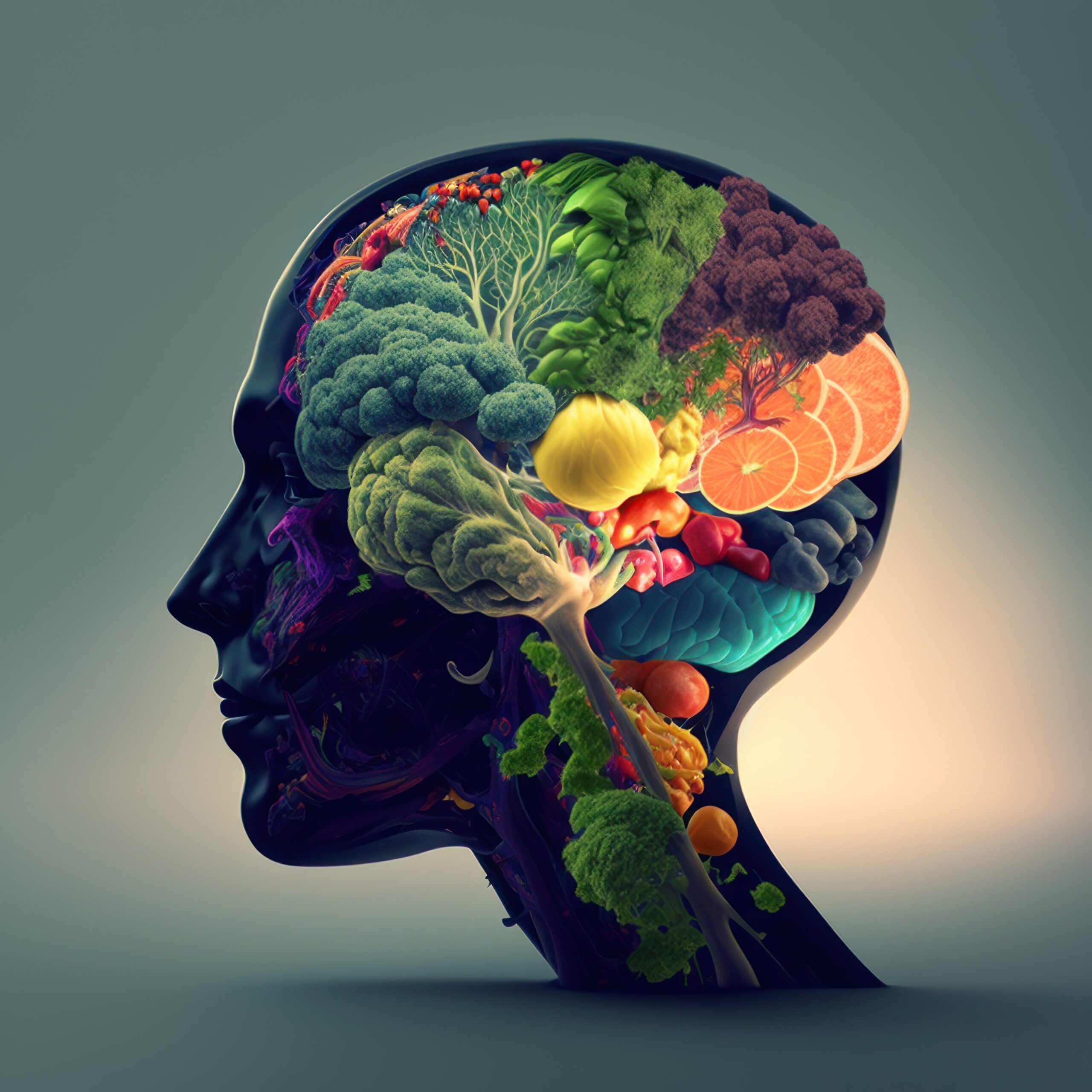
Did you know that you are literally rusting as you grow older? That’s right – many of the physical and even mental changes associated with aging can be attributed to the chemical process known as oxidation – the same process that causes metal to change color and deteriorate when left unprotected and exposed to air and water. So what exactly is oxidation? And how can you prevent it? Keep reading for answers to those questions and more.
Oxidation affects the human body from the inside out, and contributes to a long list of diseases including cancer, cardiovascular disease, and Alzheimer’s disease. Oxidation also plays a role in age-related conditions that, while not life-threatening like the previous list, are still undesirable: macular degeneration, rheumatoid arthritis, even the effects of aging on the skin.
What is Oxidation, Anyway?
Free radicals are unstable atoms or molecules that lack one or more electrons. When they come into contact with other compounds, they take electrons from them, which cause the compounds to steal electrons themselves, setting off a chain reaction that breaks down chemical bonds in our tissues and cells. This process is a natural result of metabolism, and is also the mechanism by which some medications work. But the effects are damaging in many other cases. Free radicals can interfere with the function of enzymes and hormones, and even cause genetic changes in cases where your DNA is involved. Cancer is one possible consequence of such changes.
Damaging free radical activity is generated by many factors: pollution in your environment; chemicals and preservatives in your food, skin care products, and household products; cigarette smoke, alcohol and other drugs; even sunlight.
Antioxidants to the Rescue
Fortunately, there’s a way to stop the cycle of oxidation caused by free radicals. Antioxidants are compounds that are capable of giving up electrons, but don’t need to continue the cycle of stealing them from other compounds.
Our bodies produce some antioxidants, but not enough to offset the amount of free radicals we come in contact with. The additional antioxidants are present in many foods. They can be found in dietary supplements as well, though research indicates that the benefits from food sources are greater. This is because foods contain a variety of antioxidant compounds which work together with greater efficacy than the sources singled out in supplements. Single antioxidants that have gotten a lot of attention lately include vitamins C and E, lutein, lycopene and beta-carotene.
Foods rich in antioxidants include dark berries such as cranberries, blueberries and the newly trendy açai berry; beans, nuts, certain vegetables like spinach, red cabbage and sweet potatoes; herbs and oats. Beverages such as coffee, green tea and red wine are good sources as well. Many of you will also be happy to know that dark chocolate contains these anti-aging compounds, too. Of course, a balanced diet containing a variety of these foods is best for our health – you can’t get it all from chocolate, sadly!
If you get copious amounts of antioxidants in your diet, you may help delay the effects of aging. Research is being conducted on whether antioxidants can even reverse these effects and improve the condition of patients who already have some of the conditions and diseases associated with oxidation. It’s not yet clear how effective these efforts are, but there seems to be no doubt that antioxidants are good for your health.

A new study suggests that a widely used sugar substitute found in diet sodas, chewing gum, and low-sugar yogurt may elevate insulin levels. This could increase the long-term risk of heart disease. “Artificial sweeteners have infiltrated nearly all types of food, making it crucial to understand their long-term health effects,” said Yihai Cao, senior author […]

Diet Coke has long been a fan-favorite among soda lovers who want a fizzy, guilt-free alternative to traditional soft drinks. While its zero-calorie, zero-sugar label makes it seem like a healthier option, the reality is far more concerning. Despite its undeniable popularity, Diet Coke’s nutritional profile has raised red flags among health experts for years. […]

New study shows that embracing an anti-inflammatory, plant-forward diet can support cognitive function and help reduce the risk of dementia. What You Eat Shapes Your Brain The food you eat doesn’t just impact your body—it also affects your brain. Research suggests that eating an anti-inflammatory, plant-based diet can help improve memory, focus, and overall brain […]